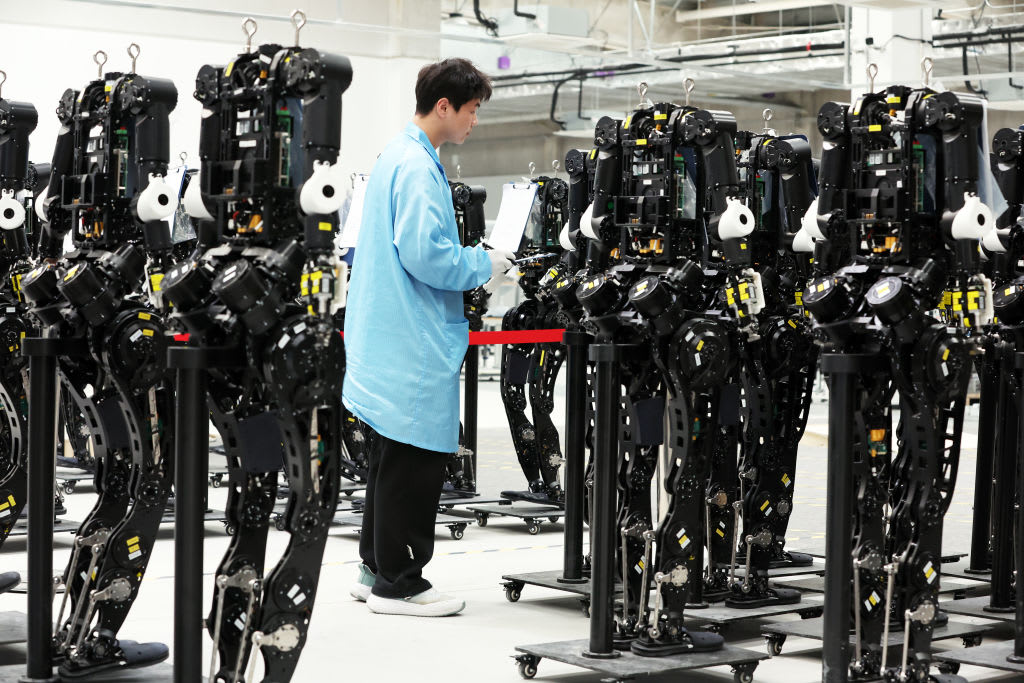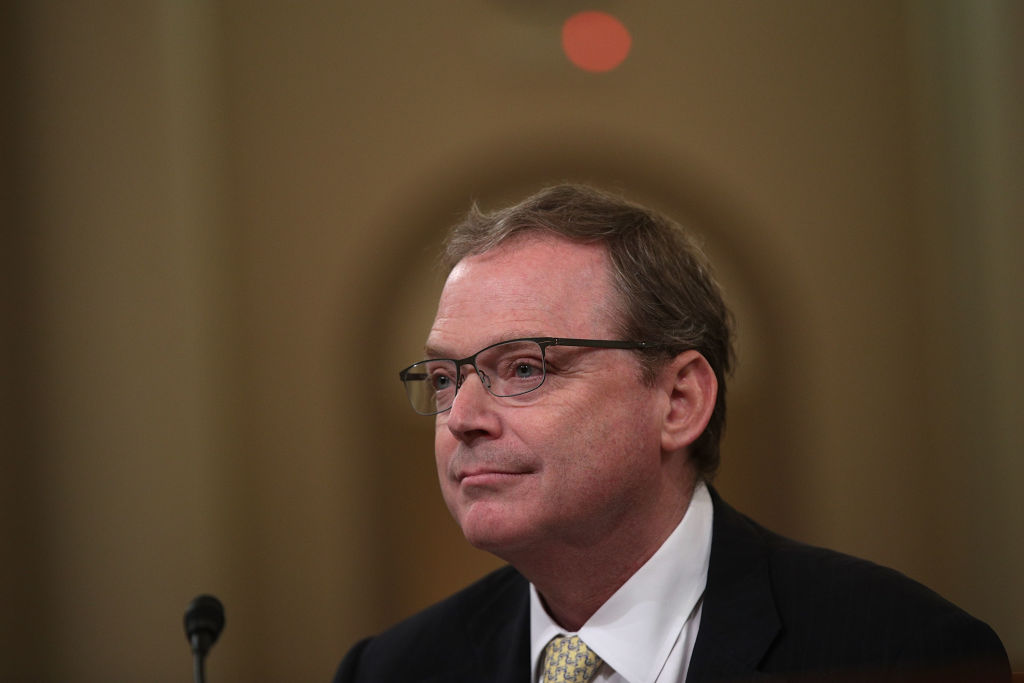Federal Reserve: Coronavirus could sicken global economy
The Federal Reserve is warning that the spreading coronavirus could infect economies around the world.
The U.S. central bank said in its semiannual report to Congress on Friday that the outbreak, while concentrated in China, could spill over to other Asian countries and to the broader global economy. Those concerns have rattled financial markets as investors assess the potential risks to corporate profits, oil prices and industries affected by the epidemic.
Economic disruption from the coronavirus will cost the global economy a total of $280 billion in the first quarter, Capital Economics estimates.
The virus has killed 638 people, all but two in China, with the other deaths in Hong Kong and the Philippines. More than 31,000 people have been infected worldwide, the vast majority of them in China. As of Friday morning, there were 12 confirmed cases of the virus in the U.S.
Economists predict that the coronavirus, centered in the Chinese city of Wuhan in Hubei province, will dent the country's economic growth. Authorities have imposed a virtual lockdown on nearly 50 million people in the key industrial region, disrupting local and international supply chains as well as hurting consumer spending.
China's economic growth could slip to 4% in the first three months of the year, analysts with Oxford Economics estimate, down from a previous forecast of 6%. That downturn is already dampening economic activity in Europe.
"We are already seeing major impacts in commodities markets, and upcoming trade figures are likely to show a dent from lower Chinese demand," they said in a note to investors.
For now, economists do not expect the coronavirus to tip the U.S. or global economy into recession, and most analysts expect a quick rebound if China is able to halt the rate of infections in the weeks ahead.
In its report, the Fed said the U.S. economy remains on solid ground and pointed to the strong labor market. Employers added a robut 225,000 jobs in January, topping analyst expectations. The economy has grown for a record 11 straight years.
Financial markets, while sagging in Friday trading, have remained resilient even as the outbreak widens. The S&P 500-stock index is up more than 3% on the year, while the blue-chip Dow Jones industrials average and tech-heavy Nasdaq composite also remain in positive territory.
The Fed expects the U.S. economy to grow around 1.9% this year, adjusted for inflation. That would be a slowdown from 2.3% in 2019 and 2.9% the previous year.
"The big picture is that, assuming the economic disruption comes to an end soon, the coronavirus will probably end up just delaying the global economic recovery in 2020, rather than canceling it altogether," Capital Economics said in a report.
A key test will come next week, when Chinese factories are set to re-open after authorities extended the Lunar New Year holiday in an effort to contain the coronavirus.





